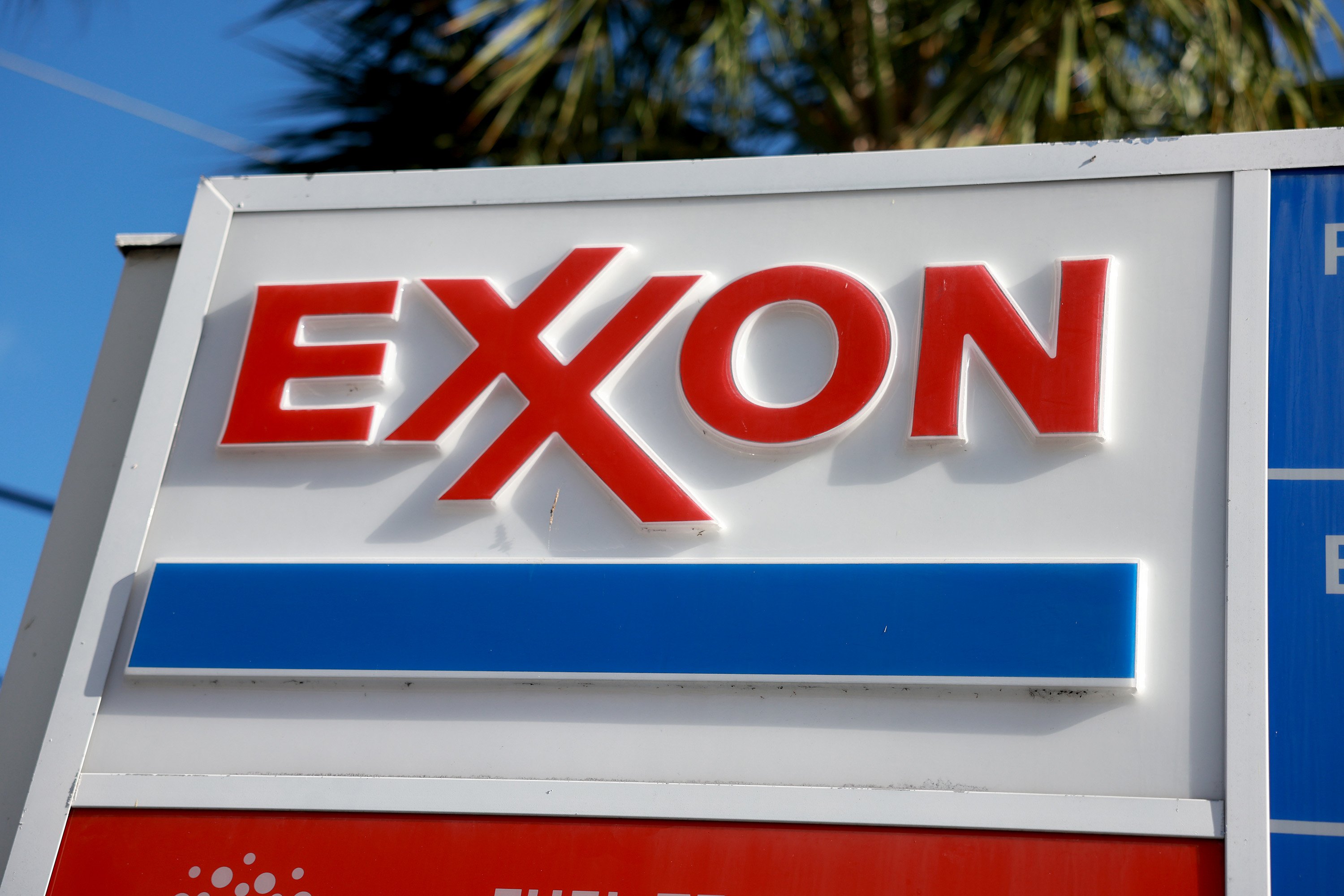With the S&P 500 back in rally mode, the dividend yield on the broad market index is falling. It was recently down to around 1.2%, which is approaching its record low last hit a quarter-century ago. It won't surprise you, then, that the dividend yield on many stocks isn't very appealing these days.
However, there are still some attractive options out there for yield-seeking investors. ExxonMobil (XOM 1.02%), Essex Property Trust (ESS 0.61%), and Johnson & Johnson (JNJ +1.42%) all currently have dividend yields of more than 3%. With top-notch track records of paying dividends, income investors shouldn't hesitate to buy their shares right now.

Image source: Getty Images.
The best in the oil patch by far
ExxonMobil built its business to withstand the ups and downs of the oil patch better than any of its peers. Its dividend history is a major testament to its resilience. The oil giant has increased its payout for 42 straight years. That not only leads the oil patch but is also a claim that only 4% of companies in the entire S&P 500 can make.
Two factors have helped fuel Exxon's durable and growing dividend over the decades. First, it has an integrated business model built around advantaged assets -- i.e., low-cost, high-margin assets -- that allows it to generate more resilient cash flows than most of its peers do. On top of that, Exxon has a fortress balance sheet, with the lowest leverage ratio among its peer group. That gives it the financial flexibility to borrow money during periods of lower oil prices to continue funding its growth, which it repays as prices improve.

NYSE: XOM
Key Data Points
Exxon should have plenty of fuel to continue increasing its dividend in the future. Its 2030 plan aims to boost its earnings by $20 billion and its cash flow by $30 billion. The company expects to deliver that growth by investing in expanding its advantaged assets and continuing to strip out structural costs. That earnings growth should enable Exxon to continue increasing its high-yielding dividend in the coming years.
A healthy dividend stock
Johnson & Johnson is a financial fortress. The healthcare behemoth has a pristine AAA credit rating, which is higher than that of the U.S. government. The company ended the first quarter with only $13.5 billion of net debt -- $52.3 billion of debt against $38.8 billion of cash and securities. That's a paltry amount for a company with a $380 billion market cap that produced about $20 billion in free cash flow last year, which easily covered its $11.8 billion dividend outlay.

NYSE: JNJ
Key Data Points
The company's strong financial position has helped support its ability to steadily increase its dividend. Johnson & Johnson has raised its dividend for 63 straight years. That qualifies it as an elite Dividend King, a company with 50 or more years of increasing its dividends.
Johnson & Johnson's financial strength also enables it to invest heavily in growing its business. It spent $17 billion on research and development last year, as it remained one of the top research-and-development investors across all industries. The company also secured more than $30 billion of merger-and-acquisition deals last year. These investments position Johnson & Johnson to grow its earnings so that it can continue increasing its 3.3%-yielding dividend payment.
A top-tier landlord
Essex Property Trust is one of the country's largest apartment owners. The real estate investment trust (REIT) focuses solely on West Coast markets including Los Angeles, San Diego, San Francisco, and Seattle. Its properties benefit from the durable and growing demand for rental housing in those strong housing markets.

NYSE: ESS
Key Data Points
The REIT has increased its dividend for 31 straight years, which is one of the longest growth streaks in the sector. Essex Property Trust has increased its payout by a cumulative 516% since its initial public offering in 1994. Its dividend currently yields 3.6%.
Essex Property Trust is in an excellent position to continue increasing its dividend. Housing demand along the West Coast remains strong, which keeps occupancy levels high and rents rising. Meanwhile, the REIT has a strong investment-grade balance sheet, giving it ample financial flexibility to continue expanding its portfolio. The company will acquire operating properties, fund development projects, invest capital to redevelop existing assets, and provide loans to developers that often come with an option to buy the completed project. These investments complement rent growth, enhancing the REIT's ability to continue increasing its dividend.
High-quality, high-yielding dividend stocks
ExxonMobil, Johnson & Johnson, and Essex Property Trust have exceptional records of paying dividends. With yields currently above 3% and more growth likely, they're dividend stocks that you can buy without hesitation right now.





